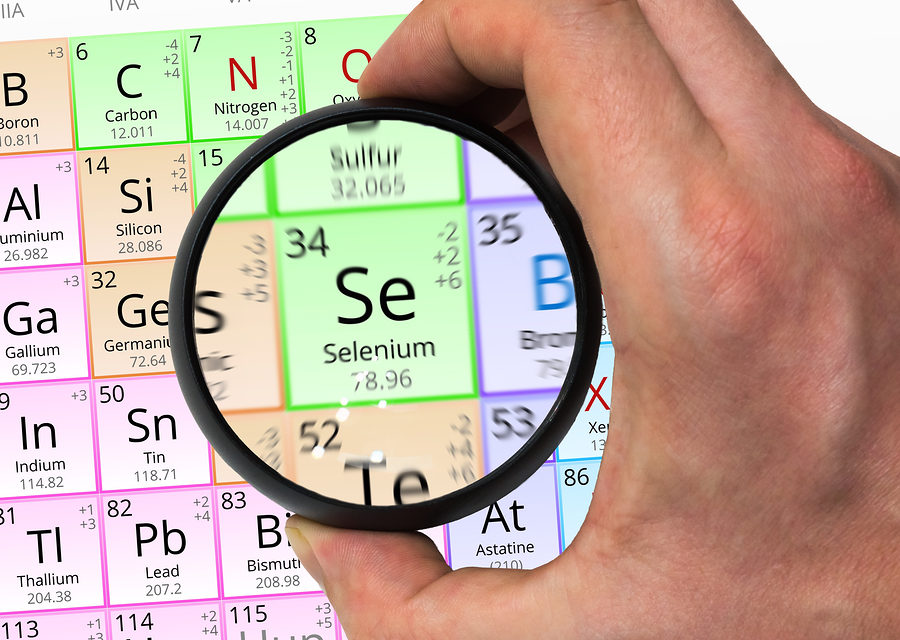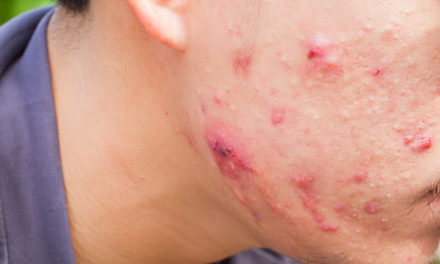Selenium is an essential nutrient, deficiency has been linked to heart failure and other issues. However, taking too much can be toxic. Symptoms of selenium toxicity include nausea; vomiting; nail discoloration, brittleness, and loss; hair loss; fatigue; irritability; and foul breath odor (often described as “garlic breath”). Make sure that you get professional advice before taking selenium. Taking as little as 400 micrograms per day may cause toxicity.
An article reviewing the relationship between selenium and thyroid function appeared in Endocrine Reviews (1992;13(2):207-220). The thyroid gland produces T4, or thyroxine, which is converted to the more active form of the hormone, T3. Rats fed a selenium-deficient diet over a period of four to six weeks had high levels of T4 and low levels of T3. The difference between the two levels of hormone increased as time progressed on the selenium-deficient diet. This , indicates that selenium is necessary to convert thyroxine to a more active form.
Thyroid stimulating hormone (TSH) is produced by the pituitary gland to get the thyroid gland to produce its hormones. TSH levels become elevated in hypothyroidism. TSH levels doubled on the selenium deficient diet. Pituitary growth hormone decreased as well.
Cretinism is due to hypothyroidism in the newborn. One of the implications is mental retardation. When cretins are supplemented with selenium, T3 and T4 levels actually decrease, but iodine supplementation helps. The authors recommend supplementing with iodine before introducing selenium in this instance.
There seem to be some immune benefits to selenium. A double-blind, placebo-controlled study, appearing in the Archives of Internal Medicine (2007; 167: 148-154), looked at the effect selenium supplementation had on viral load in HIV positive patients. Subjects were randomly given either 200 mcg of selenium per day or a placebo for nine months. The amount of selenium in the serum of the treated group increased. The increased serum selenium was associated with a decreased HIV-1 viral load and an increase in CD4 cells. The authors felt that selenium supplementation was a safe, inexpensive way to improve immunity in HIV patients. A population case-control study on the relationship between selenium and bladder cancer was published in the International Journal of Urology (2006; 13(9): 1180-4). The subjects were 178 patients with bladder cancer and 362 healthy controls. Researchers found that people with the highest levels of selenium, had a 0.30 odds ratio for getting bladder cancer when compared to patients with the lowest selenium levels. The study suggests an inverse relationship between selenium levels and the risk for bladder cancer.






